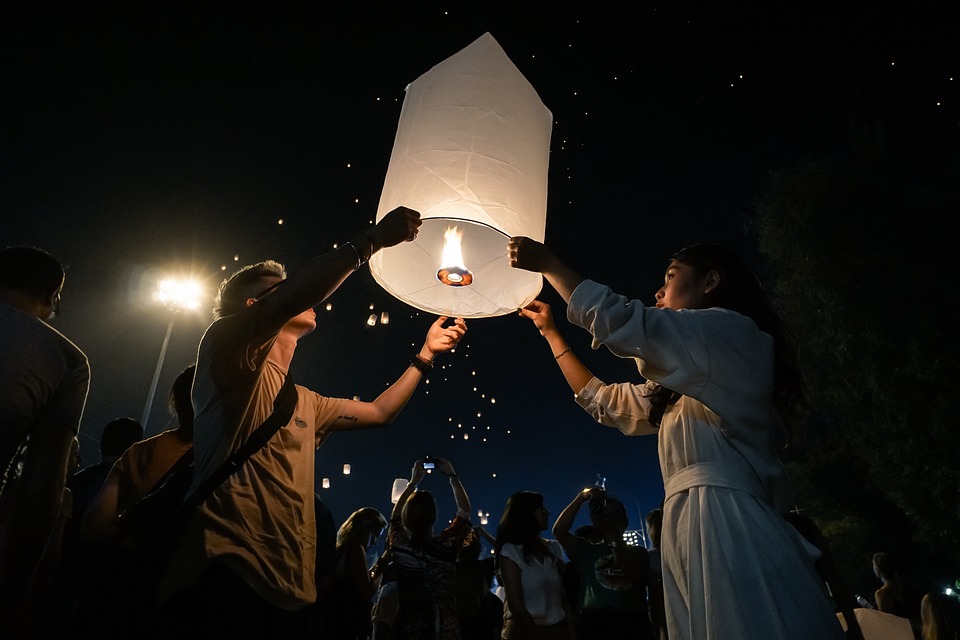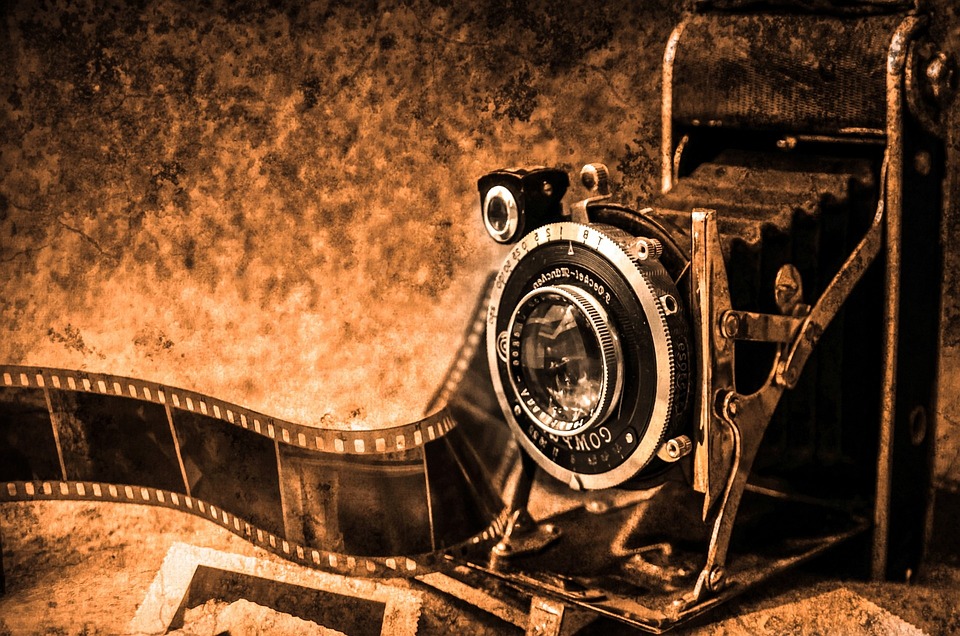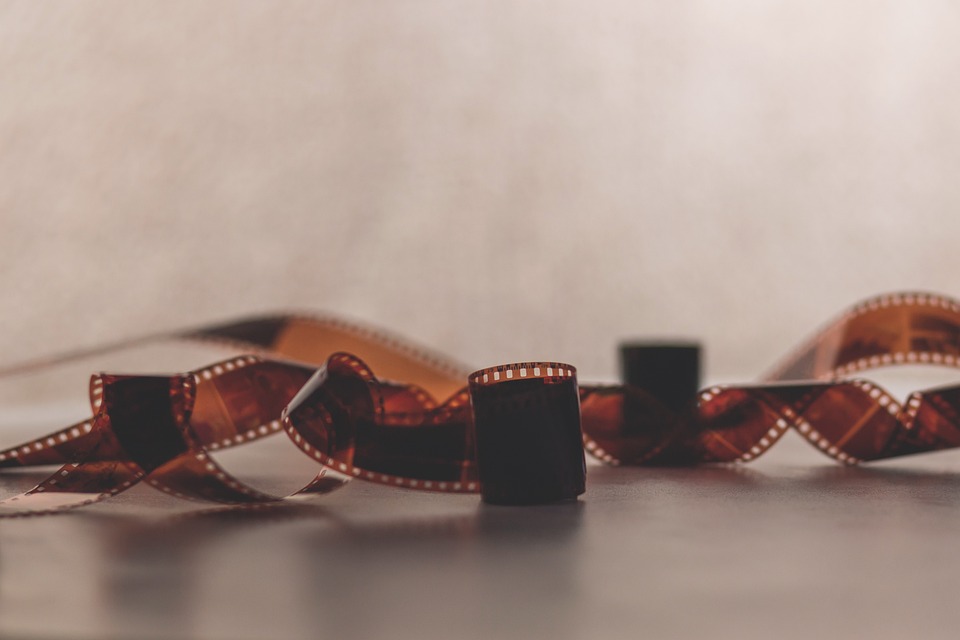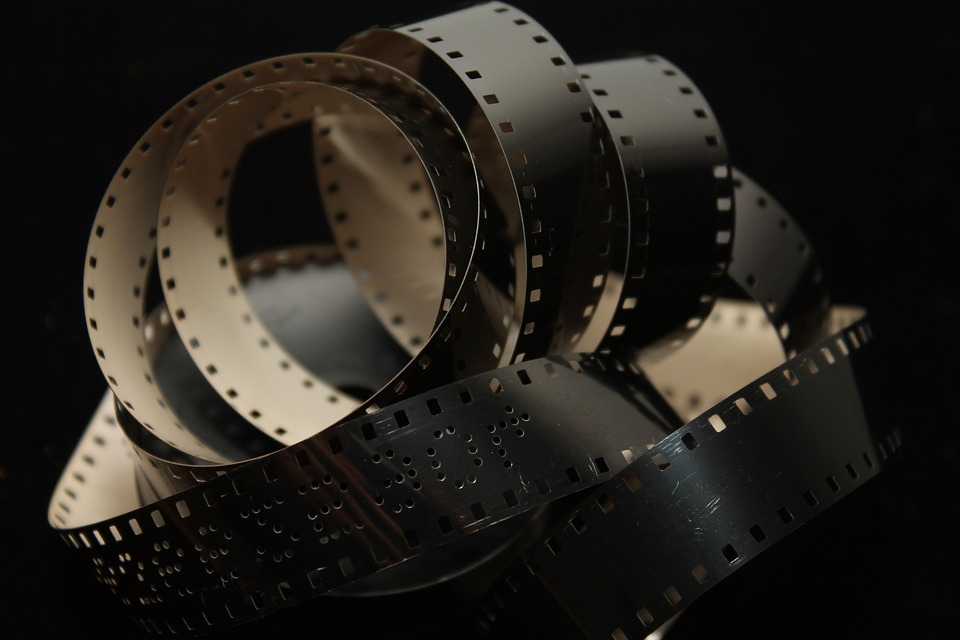In Focus: The Evolution of Women in Film at Cannes
Cannes Film Festival, one of the most prestigious film festivals in the world, has long been criticized for its lack of representation of women in the film industry. However, in recent years, there has been a noticeable shift towards greater inclusion and recognition of female filmmakers and their works. This article explores the evolution of women in film at Cannes and the strides that have been made towards gender equality in the industry.
Historical Perspective
Historically, the Cannes Film Festival has been dominated by male filmmakers, with very few female directors being recognized for their work. In fact, in the festival’s 70-year history, only one woman, Jane Campion, has ever won the prestigious Palme d’Or award for Best Director. This lack of gender diversity has been a topic of much controversy and criticism, with many calling for greater representation and recognition of women in the industry.
Recent Changes
In recent years, there has been a noticeable shift towards greater inclusion of women in film at Cannes. The festival has made a conscious effort to showcase more films directed by women and to highlight the achievements of female filmmakers. In 2018, the festival appointed a gender-equality delegate, who works to promote diversity and inclusion in programming and to ensure that women are represented in various aspects of the festival.
One of the most significant changes in recent years has been the increase in the number of films directed by women that are being screened at Cannes. In 2019, four out of the 21 films competing for the Palme d’Or were directed by women, marking a significant increase from previous years. This shift towards greater visibility for female filmmakers has been welcomed by many in the industry and has been seen as a step towards greater gender equality in film.
Challenges and Opportunities
Despite the progress that has been made, there are still many challenges that female filmmakers face in the industry. Women continue to be underrepresented in key behind-the-scenes roles, such as directors, writers, and producers. Additionally, female-led films often receive less funding and distribution opportunities than those made by male filmmakers. These challenges can make it difficult for women to break into the industry and to have their voices heard.
However, there are also many opportunities for women in film, particularly at festivals like Cannes. The festival provides a platform for female filmmakers to showcase their work on an international stage and to connect with industry professionals and audiences. By highlighting the achievements of women in film, Cannes can help to inspire and empower the next generation of female filmmakers.
Impact on the Industry
The increased visibility of women in film at Cannes has had a positive impact on the industry as a whole. By showcasing a diverse range of voices and perspectives, the festival has helped to broaden the scope of storytelling in cinema. Female filmmakers bring a unique and valuable perspective to their work, and their voices deserve to be heard and celebrated.
In addition, the recognition of women in film at Cannes can help to inspire and empower other women in the industry. By seeing successful female filmmakers being honored and celebrated, aspiring filmmakers can see that there is a place for them in the industry and that their voices are valuable.
Looking to the Future
As we look to the future, it is clear that there is still work to be done to achieve greater gender equality in film. While progress has been made, there is still a long way to go before women are truly represented and recognized in the industry. Festivals like Cannes play a crucial role in this process, as they have the power to shape the future of cinema and to influence the way that women are seen and valued in the industry.
In conclusion, the evolution of women in film at Cannes is a positive and important step towards greater gender equality in the industry. By showcasing and celebrating the achievements of female filmmakers, the festival is helping to broaden the scope of storytelling in cinema and to inspire and empower the next generation of women in film. We can only hope that this trend continues and that women continue to be recognized and celebrated for their contributions to the art of filmmaking.



